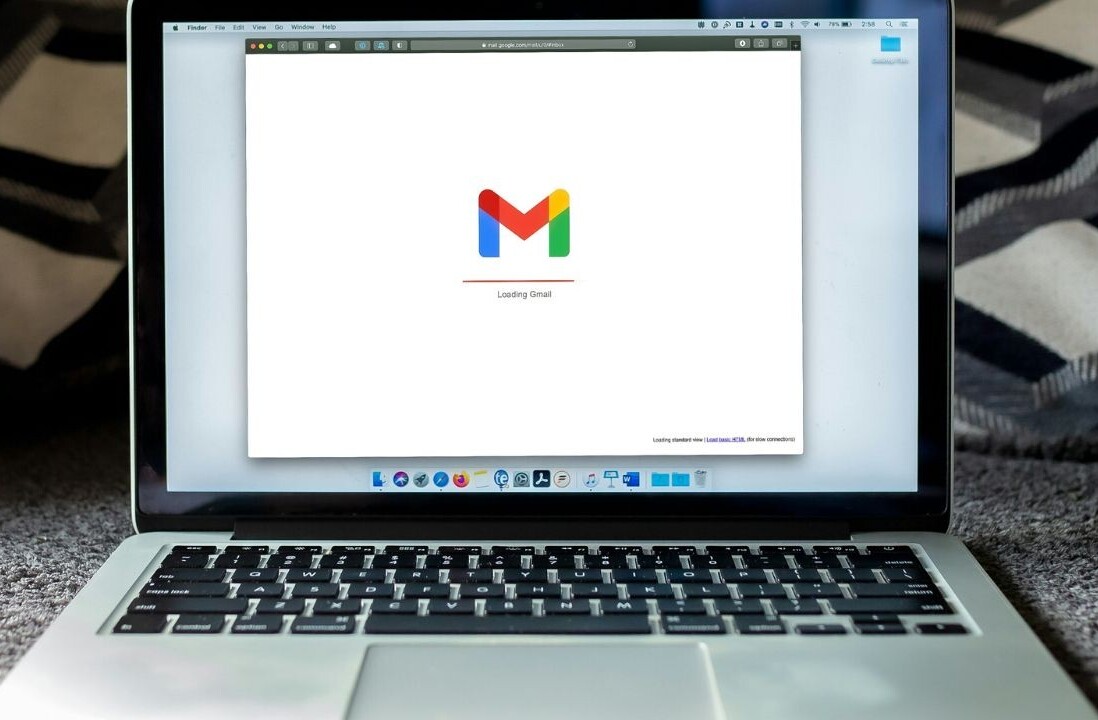

First, some basic details:
Google Squared is the latest product to come out of the Google labs and the supposed answer to Wolfram Alpha. It’s a spin-off from Google’s core search engine and apparently aims to take the masses of unstructured data and return search results that are neatly organised for you, the user.
Whether there it does any of that, we’re about to find out.
What’s it good for?
First tests seem to show results returned in database format and frankly, some distance away from what our initial thoughts of Wolfram Alpha were. Google Squared initially seems perfect for ‘list’ based research, when you’re after already organised content rather than having to compile it yourself.
How to use it
Start off by naming a bunch of things; planets, birds, basketball players, for example. If there isn’t an existing table of data, Google will (hopefully) give you a few idea for column titles or give you the opportunity to enter custom titles.
Google will attempt to collate the data for each individual cell themselves but will obviously occasionally get it wrong and you’re there to correct them.
What’s really phenomenal is how easy Google have made it to add further information to the resulting database. Using planets as an example, you are given a default set of columns but are able to add additional columns such as “Date of Discovery” and Google will automatically insert the found data in the specified column.
Amusing mistakes
Google Squared is certainly not perfect and it makes some amusing mistakes. As reader PanMan has already noted in the comments to this post, entering ‘Amsterdam‘ currently gives a puzzling table of information about buildings in the city that confuses Amsterdam Arena with a piece of simulation software called ‘Arena’ by American company Rockwell Automation. The ‘Price’ column in the Square is particularly nonsensical. The ‘price’ of the Anne Frank House is actually the price of a print of the it while the ‘price’ of the Van Gogh Museum is actually the price of a book about the artist.
The data will undoubtedly become better, and mistakes will be fewer, as the human touch improves it.
As a first draft of Google’s approach to semantic search this is spectacular.
H/T Atul.
Get the TNW newsletter
Get the most important tech news in your inbox each week.




